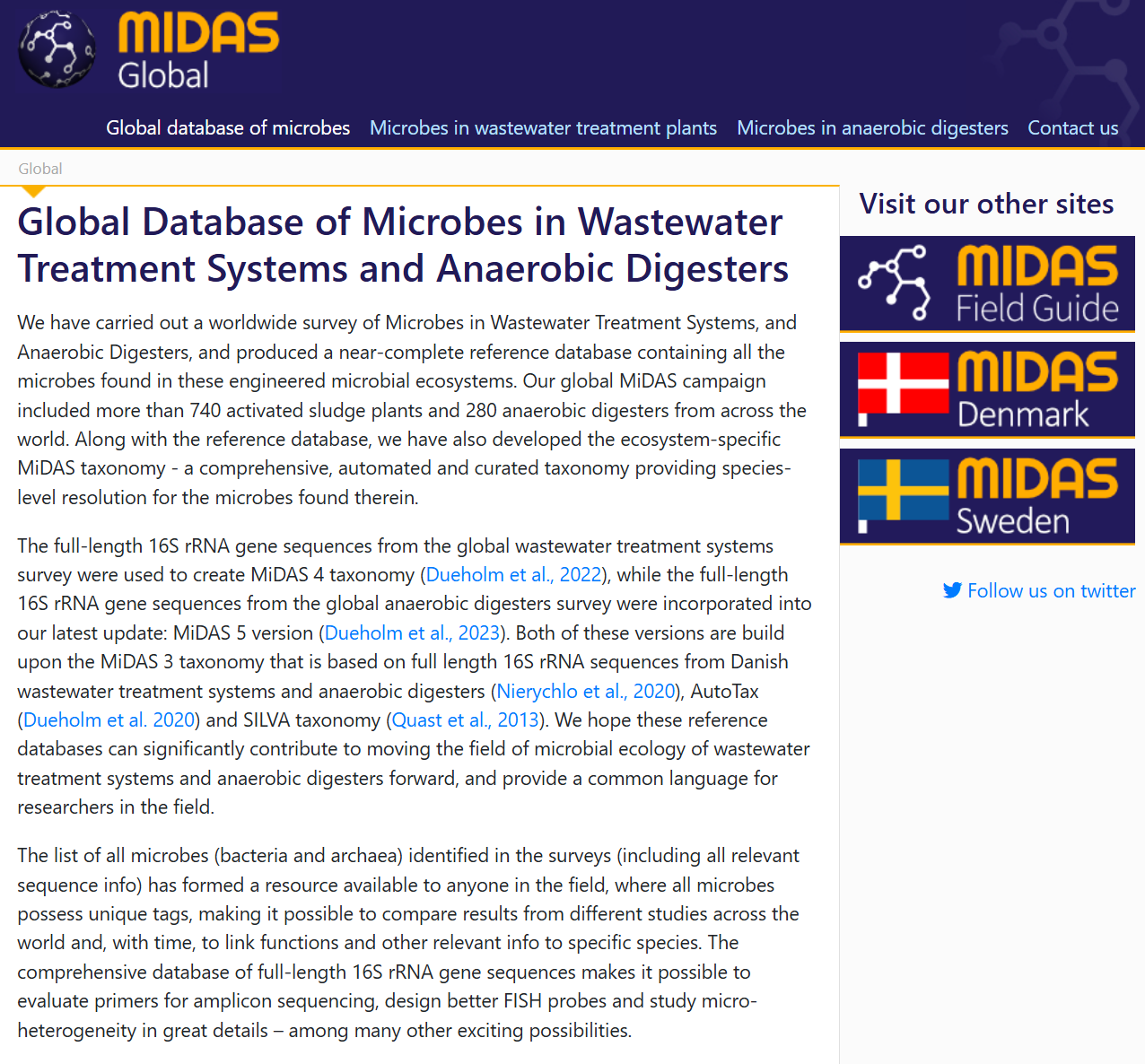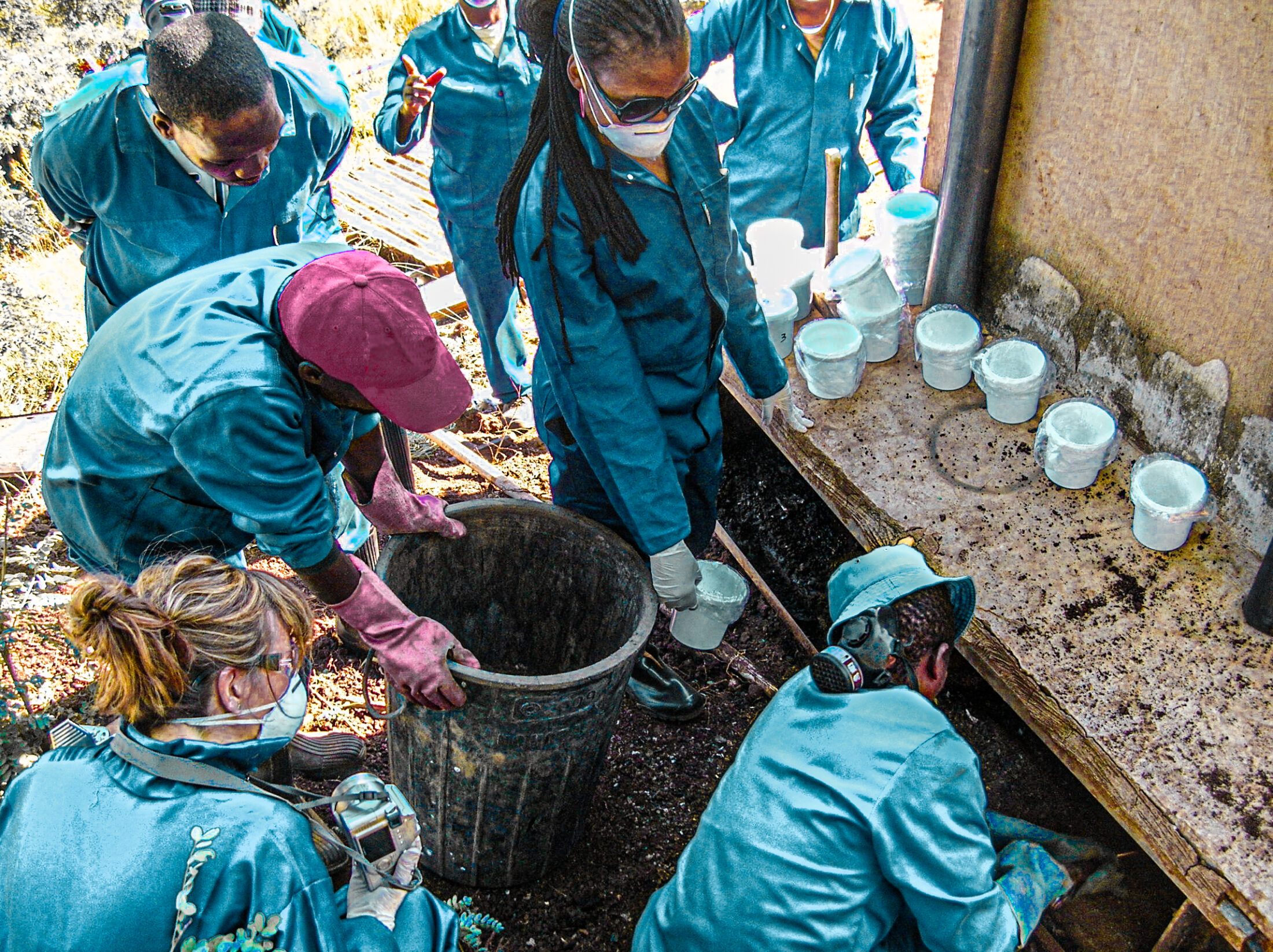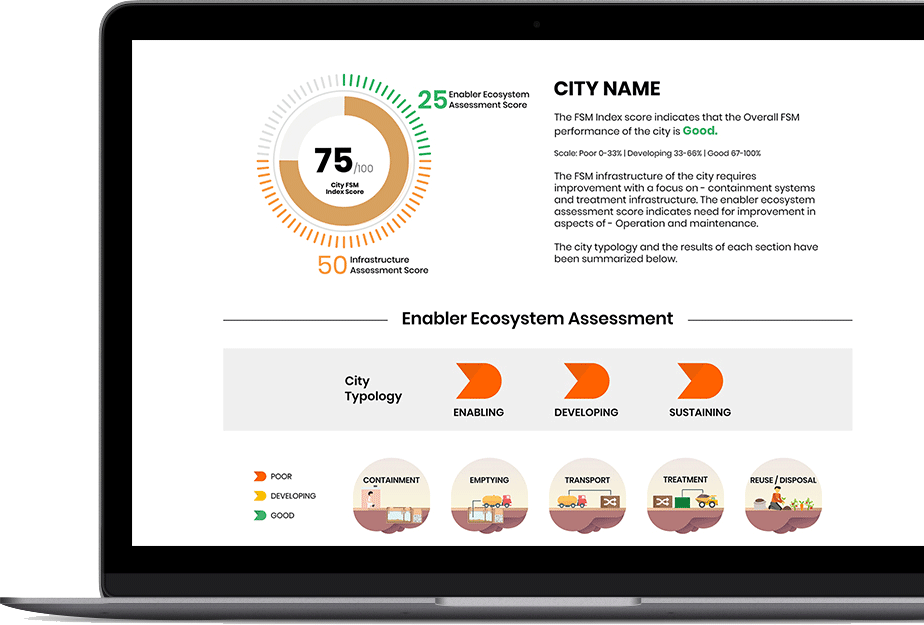TOOLBOXES
This section is under construction.

MIDAS: Global Database of Microbes in Wastewater Treatment Systems and Anaerobic Digesters
We have carried out a worldwide survey of Microbes in Wastewater Treatment Systems, and Anaerobic Digesters, and produced a near-complete reference database containing all the microbes found in these engineered microbial ecosystems. Our global MiDAS campaign included more than 740 activated sludge plants and 280 anaerobic digesters from across the world. Along with the reference database, we have also developed the ecosystem-specific MiDAS taxonomy – a comprehensive, automated and curated taxonomy providing species-level resolution for the microbes found therein. The full-length 16S rRNA gene sequences from the global wastewater treatment systems survey were used to create MiDAS 4 taxonomy (Dueholm et al., 2022), while the full-length 16S rRNA gene sequences from the global anaerobic digesters survey were incorporated into our latest update: MiDAS 5 version (Dueholm et al., 2023). Both of these versions are build upon the MiDAS 3 taxonomy that is based on full length 16S rRNA sequences from Danish wastewater treatment systems and anaerobic digesters (Nierychlo et al., 2020), AutoTax (Dueholm et al. 2020) and SILVA taxonomy (Quast et al., 2013). We hope these reference databases can significantly contribute to moving the field of microbial ecology of wastewater treatment systems and anaerobic digesters forward, and provide a common language for researchers in the field. The list of all microbes (bacteria and archaea) identified in the surveys (including all relevant sequence info) has formed a resource available to anyone in the field, where all microbes possess unique tags, making it possible to compare results from different studies across the world and, with time, to link functions and other relevant info to specific species. The comprehensive database of full-length 16S rRNA gene sequences makes it possible to evaluate primers for amplicon sequencing, design better FISH probes and study micro-heterogeneity in great details – among many other exciting possibilities.
Aalborg University
Global Database of Faecal Sludge Analysis
This toolbox contains an open-access global database of faecal sludge analysis with a core containing data obtained from 12 laboratories, members of GPLFSA, analysed using the SOPs and methods described in the book of Velkushanova et al., 2021, and many other datasets uploaded by the external parties. The toolbox contains a detailed description of the SOPs and individual analytical methods for faecal sludge analysis, accompanied with videos explaining how to perform the analytical work. The most interesting part of the tool are the statistical analysis of the data, and the AI-based assessment of the missing sludge properties in a sludge sample analysis.
Global Partnership of Laboratories for Faecal Sludge Analysis (GPLFSA)
FSM toolbox
The Toolbox by FSMA is a web platform with a suite of tools and resources designed to assist and guide anyone interested in undertaking assessments and planning infrastructure improvements. The tools on the platform seek to educate and guide users on technical standards and approaches to plan new interventions, and to. encourage stakeholders to make informed decisions using survey-based inputs.
Faecal Sludge Management Alliance (FSMA)